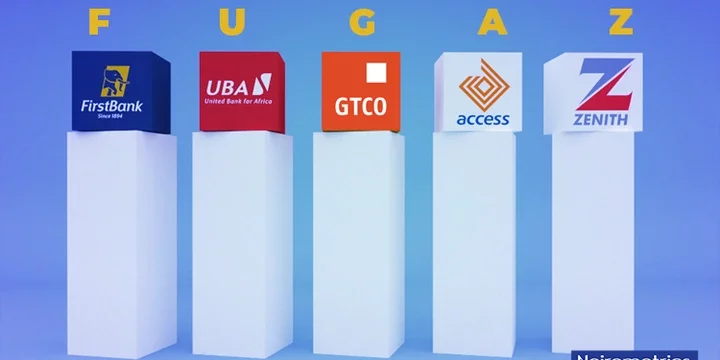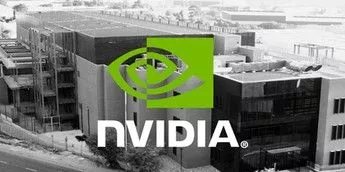...As capital inflow dips by 26.4% to $3.9bn

Eight Nigerian states had no foreign investment flow in the last five years, as foreign capital inflow into the country dropped by 26.4 per cent to $3.9 billion in 2023 from $5.3 billion in 2022.
According to National Bureau of Statistics NBS, the are; Bayelsa, Ebonyi, Gombe, Jigawa, Kebbi, Taraba, Yobe and Zamfara. NBS data showed that Lagos State topped the list of states, including the Federal Capital Territory (FCT), that attracted the most foreign direct investments in 2023. The state raked in $2.50 billion, representing 64 per cent of the total capital inflow into the country, while the FCT emerged as the second top investment destination with $1.17 billion or 30 per cent of the total capital inflow.
Other states that attracted foreign investments in 2023 are Abia $150.09 million, Akwa Ibom $39.13 million, Ogun $27.09 million, and Rivers $6 million. Adamawa attracted $4.5 million, Anambra $4 million, Niger $1.50 million, Ondo $200,000 and Ekiti $51,000.
The latest data released by the NBS showed that foreign portfolio investment (FPI) in 2023 was $1.15 billion, indicating 29.5 per cent of the $3.91 billion total capital importation recorded in the year. On the other hand, foreign direct investment (FDI) stood at $377.4 million, and other investment was $2.38 billion in the year. The report indicated that Lagos State was the top investment destination in the year, attracting 64 percent investment while eight states recorded zero investment from 2019 to 2023.
On a quarterly basis, the report revealed that in the fourth quarter of 2024 (Q4 2023), total capital importation into Nigeria stood at $1.09 billion, representing 2.62 per cent increase, year-on-year (YoY) over the $1,06 billion recorded in Q4 2022. The capital importation in Q4 2023 however indicated a significant rise of 66.27 per cent over the $654.65 million recorded in Q3 2023.
According to the report, production/manufacturing received a $450 million capital inflow, representing 41.35 percent of the total capital importation, followed by banking, which raked in $283 million or 26.03 percent during the Q4 of 2023.
While the services sector got zero capital inflow, transport received 0.01 per cent, which is about $14,000, followed by construction, which got 0.02 per cent, which is about $25,000.
Despite Nigeria's need for massive investment in the agriculture sector, the sector had just 0.04 per cent, which was about $42,000, even as consultancy garnered 0.05 per cent or $50,000 inflow during the period under review.
Nigeria's oil and gas sector, currently in dire need of foreign investment, has been negatively impacted by incessant pipeline vandalism and the rising opposition by the West to the exploration and exploitation of fossil fuels.
Although production has risen in recent months, hitting 1.42 million barrels per day in January, Nigeria has consistently failed to meet its Organisation of Petroleum Exporting Countries (OPEC) quota for almost four years.
Also, with over 206 trillion cubic feet of reserves, transportation infrastructure remains a major constraint for the country's enormous gas resources due to a lack of investment and general sabotage of existing facilities.
However, at the top of the dollar inflow during the quarter under consideration was production/manufacturing, with $450 million or 41.35 per cent of the total capital importation, followed by banking, which raked in $283 million or 26.03 percent during the three months.
"In Q4, 2023, total capital importation into Nigeria stood at $1.088.48 billion, slightly higher than $1.060 billion recorded in Q4 2022, indicating an increase of 2.62 per cent.
"In comparison to the preceding quarter, capital importation rose by 66.27 per cent from $654.65 million in Q3, 2023," the data released by the NBS indicated.
Other investments accounted for 54.64 per cent or $594.74 million, of the total capital importation in Q4, 2023, followed by portfolio investment which amounted to 28.46 per cent or $309.76 million, and Foreign Direct Investment (FDI) of $183.97 million or. 16.90 per cent.
"The production/manufacturing sector recorded the highest inflow with $450.11 million, representing 41.35 per cent of total capital imported in Q4 2023, followed by the banking sector, valued at $283.30 million or 26.03 percent, and financing with $135.59 million or 12.46 per cent," the NBS reported.
According to the NBS, capital importation during the reference period originated largely from the United Kingdom which amounted to $267.24 million, or 24.55 percent of the total volume of capital imported during the three months.
This was followed by Mauritius with $226.18 million or 20.78 per cent and the Netherlands with $149.93 million or 13.77 per cent of the total.
Also, some $144.25 million in investment came from Singapore, while $116.37 capital was imported from South Africa.

















Comments